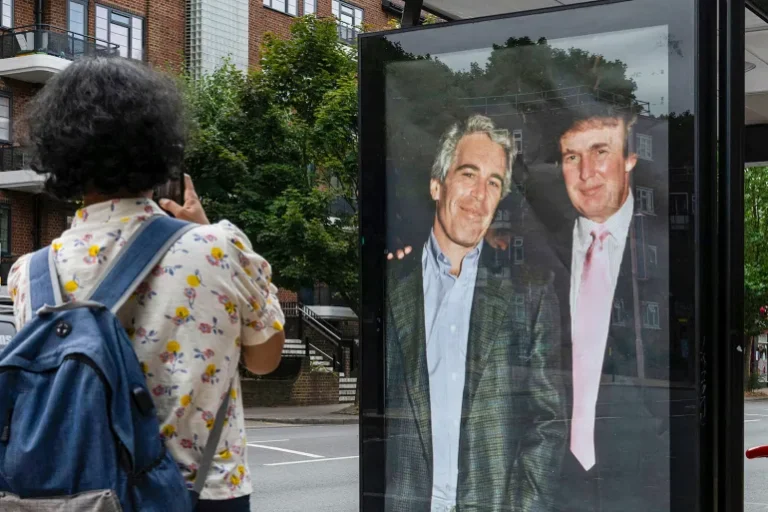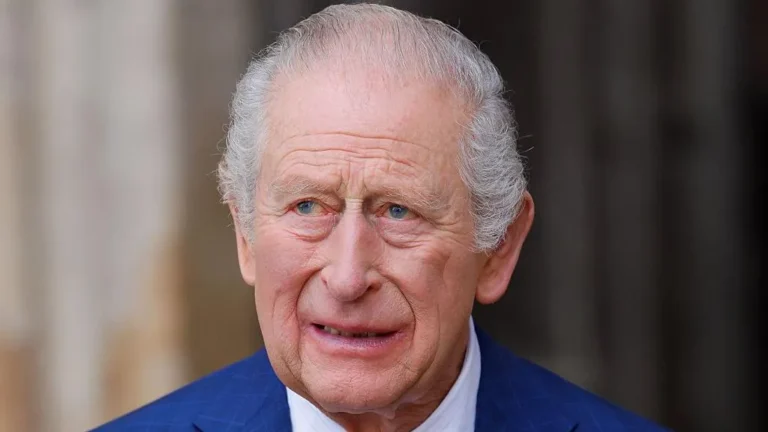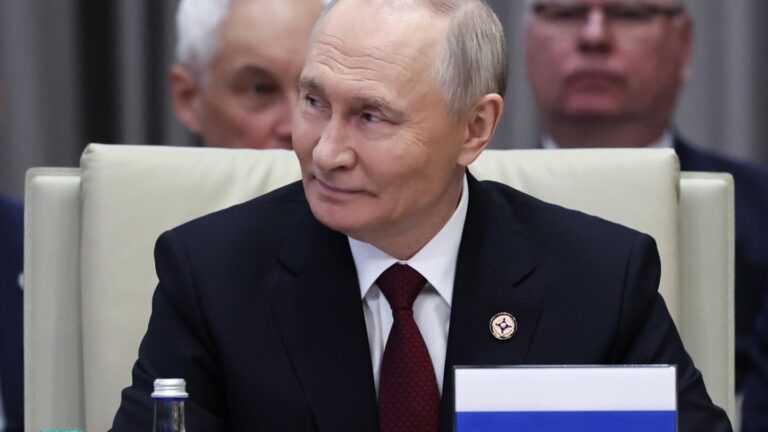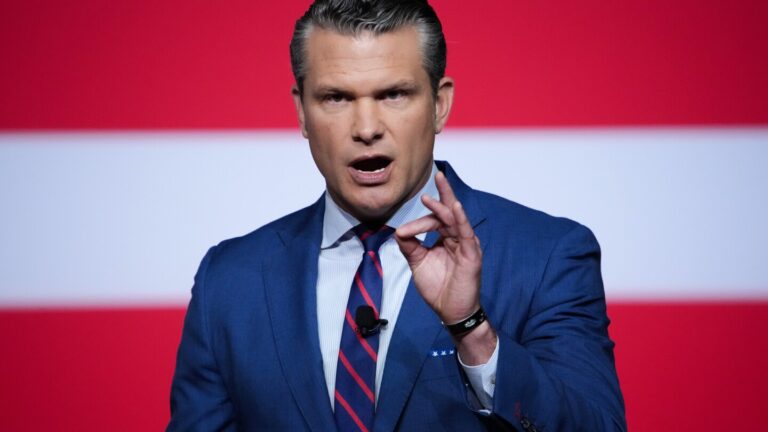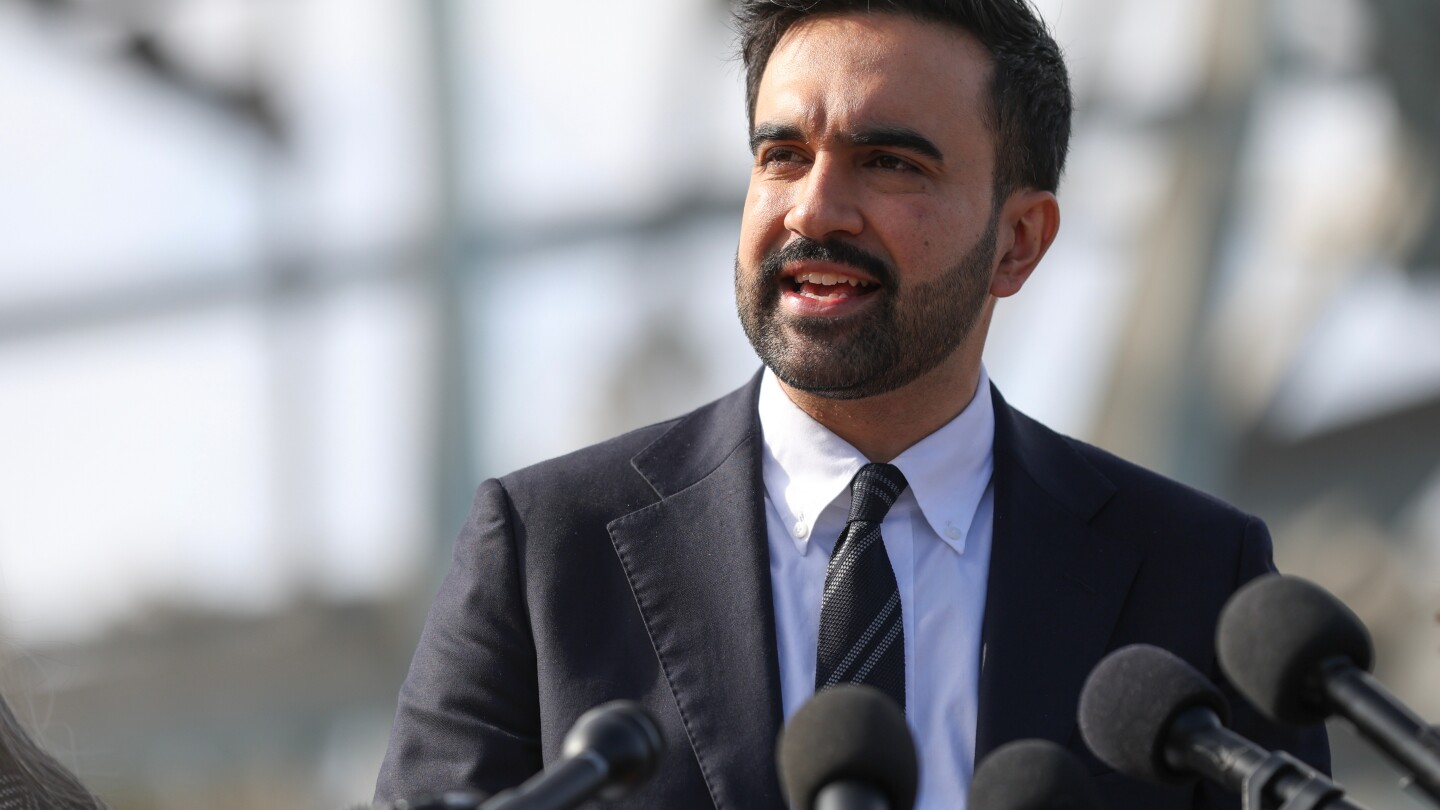
The election of Zohran Mamdani as the next mayor of New York City on November 4 , 2025 marks a historic moment, becoming the city’s first Muslim and Indian-American mayor. His victory in the November general election followed a strong primary showing and capped a campaign focused on affordability, housing, and equity. The win has drawn intense reactions around the globe ranging from praise by progressive groups to fear and concern among more conservative voices. Analysts cite his rise as emblematic of shifting generational and ideological currents in American urban politics.
Global and Local Responses to the Win
Mamdani’s election has been hailed by many on the left internationally as a sign of hope for progressive politics, with supporters seeing his rise as proof that grassroots campaigns can dismantle old-guard power structures. In the United Kingdom, the mayor of London described the victory as a win for “hope in a time of crisis.”
However, his campaign’s strong pro-Palestinian stance and outspoken criticism of Israel have triggered sharp backlash, particularly from Jewish communal organisations. The Anti‑Defamation League (ADL) announced it will closely monitor his administration’s personnel and policy decisions over concerns of rising antisemitic incidents. In Israel, senior ministers warned that his election could weaken the U.S. Israel diplomatic connection and called on New York’s Jewish residents to reconsider their future in the city.
In a major platform milestone, Mamdani has pledged that his administration will “stand steadfast alongside Jewish New Yorkers” while also addressing what he describes as a structure of unequal rights in certain states abroad. Despite his attempt at reassurance, many Jewish voters remain uneasy. According to one poll, around 30 % of Jewish voters supported him, while commentators note that younger Jewish voters, in particular, are shifting away from traditional pro-Israel alignments.
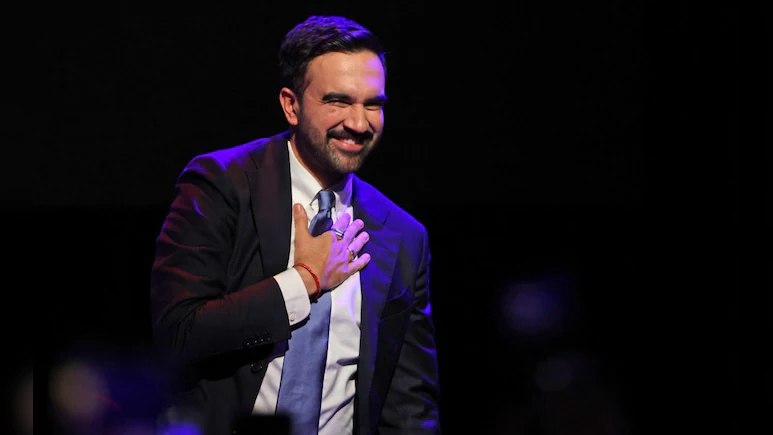
What Challenges Lie Ahead for Mayor-Elect Mamdani
Mamdani’s campaign focused heavily on municipal issues: he proposed rent freezes, universal child care, and five new city-run grocery stores to control food prices. His message resonated in a city where rising living costs and inequality dominate voter concerns. At the same time, his foreign-policy musings such as calling the Gaza conflict “genocide” and calling for the arrest of Israel’s prime minister if he enters New York have placed his global posture under scrutiny.
READ ALSO: Five Indians Kidnapped in Mali Amid Escalating Jihadist Violence
The incoming mayor will need to bridge a deeply divided urban electorate. While many progressive voters celebrated his win as transformative, critics argue his ideological positions could if unmanaged stoke divisions rather than heal them. Jewish communal leaders have insisted on accountability, signalling they will not hesitate to challenge policy decisions they view as hostile. Meanwhile, the mayor-elect has signalled a willingness to engage and build alliances, promising to be “a mayor for all New Yorkers.” Whether he succeeds may depend on his ability to turn his activist credentials into pragmatic governance while reassuring both domestic communities and international observers that his administration will safeguard civil rights and public safety.
The path ahead for New York City will test Mamdani’s capacity to translate bold rhetoric into results especially in a moment when urban issues, global geopolitics and identity politics intersect. His election may signify a shift, but delivering on his promises while managing divergent expectations is likely to be the real trial.

